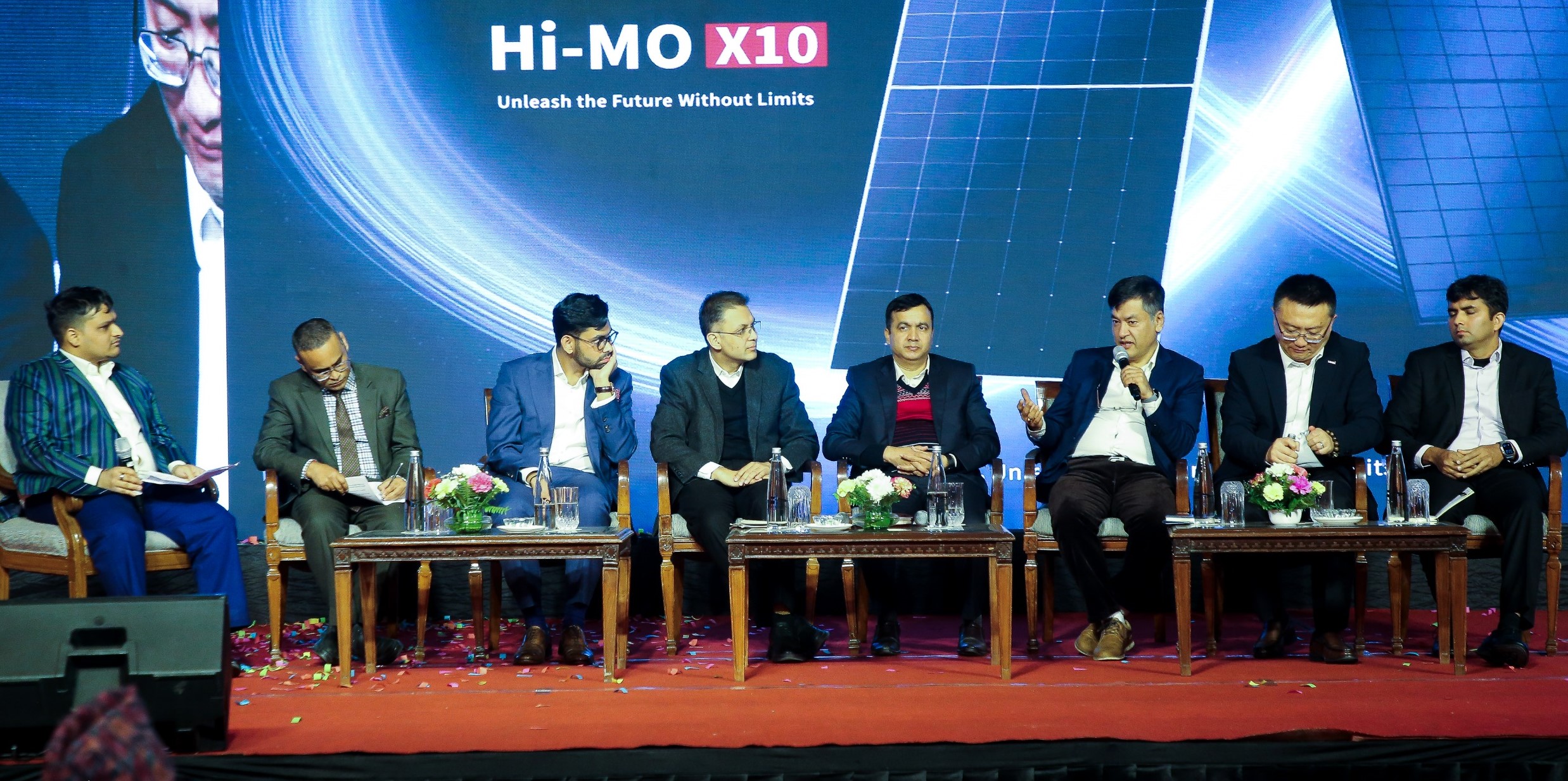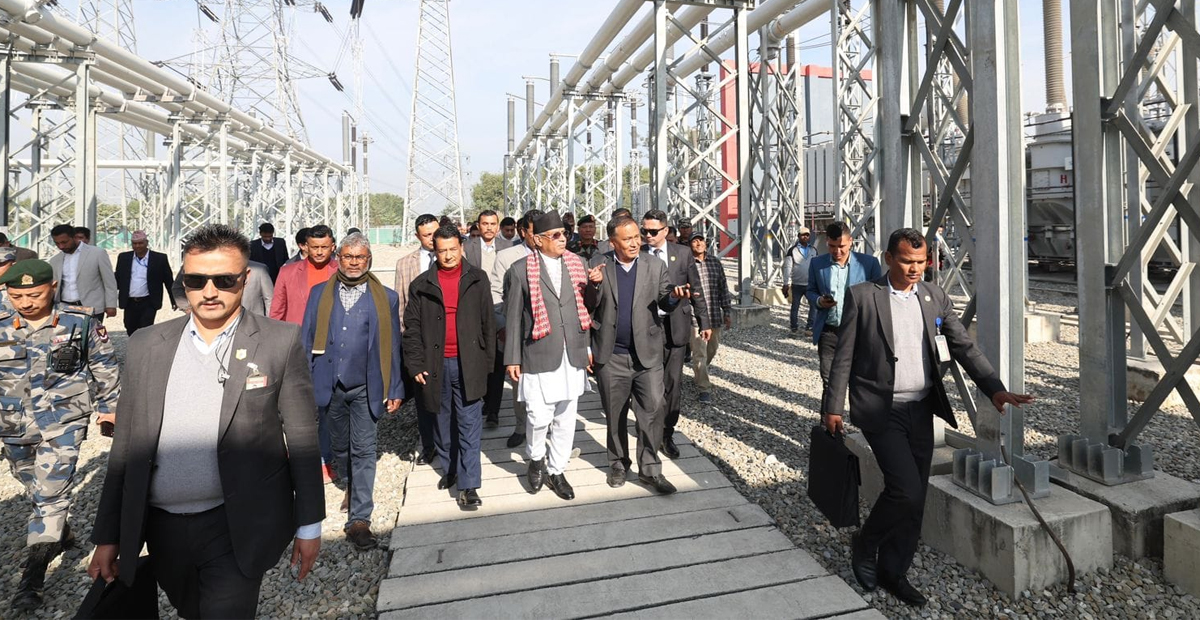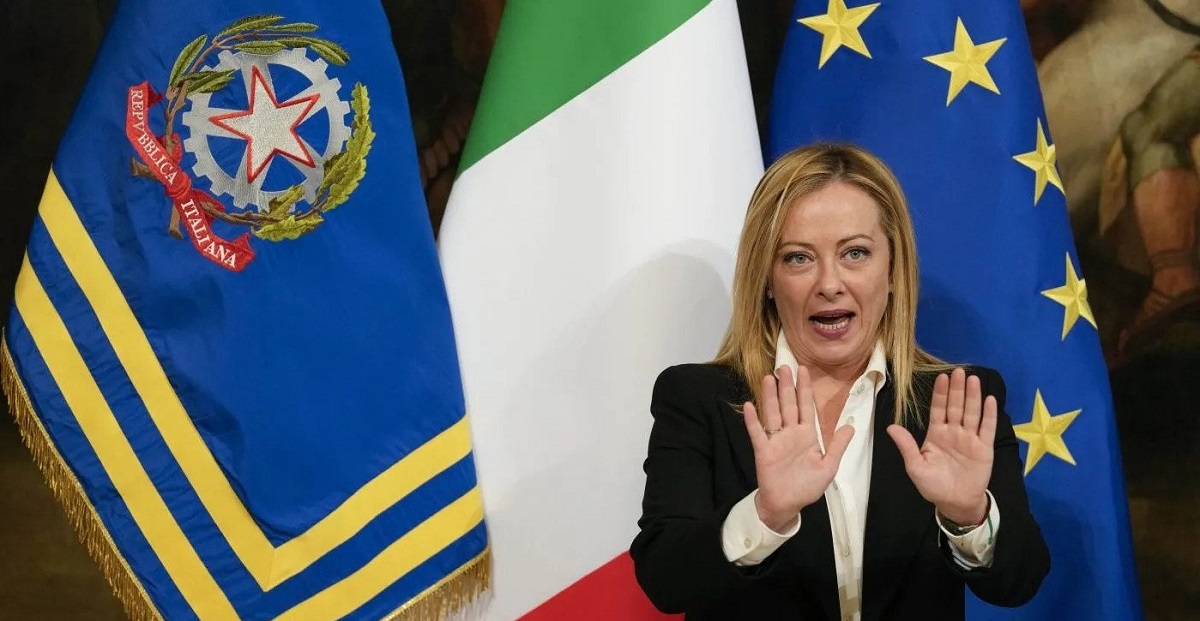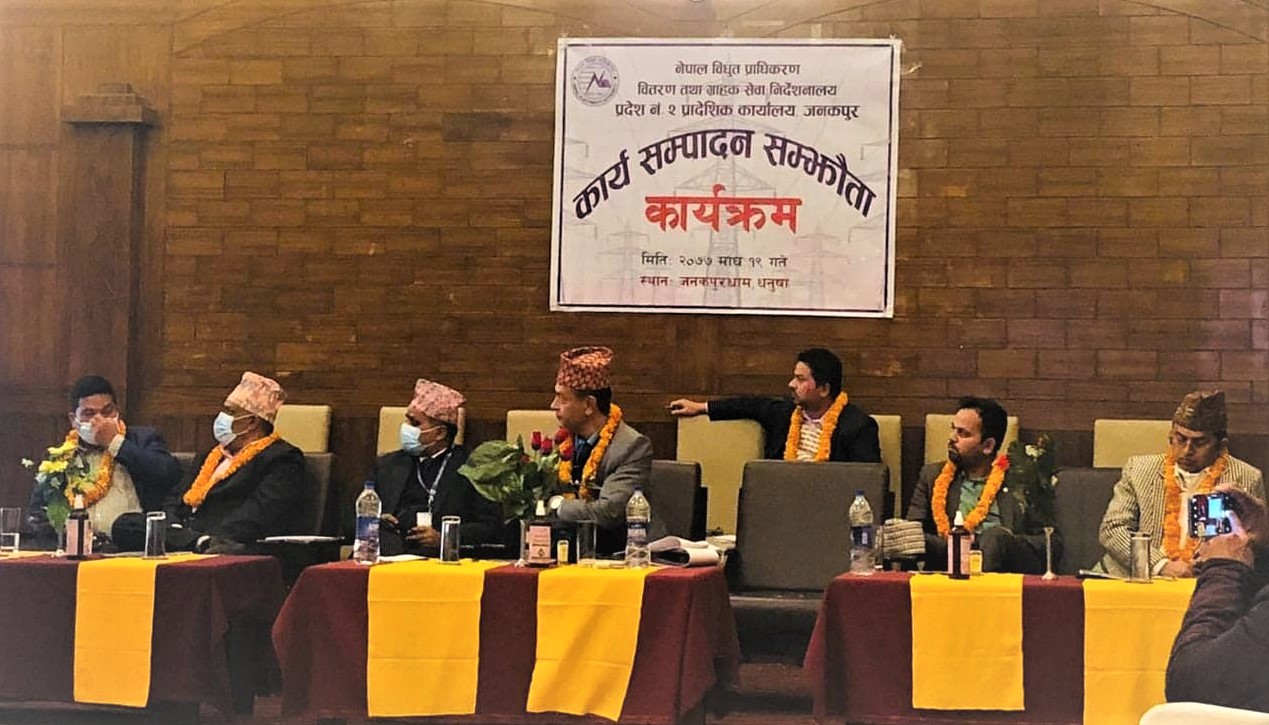Energy Update
Farasis Energy unveils world’s first EV with sodium-ion batteries
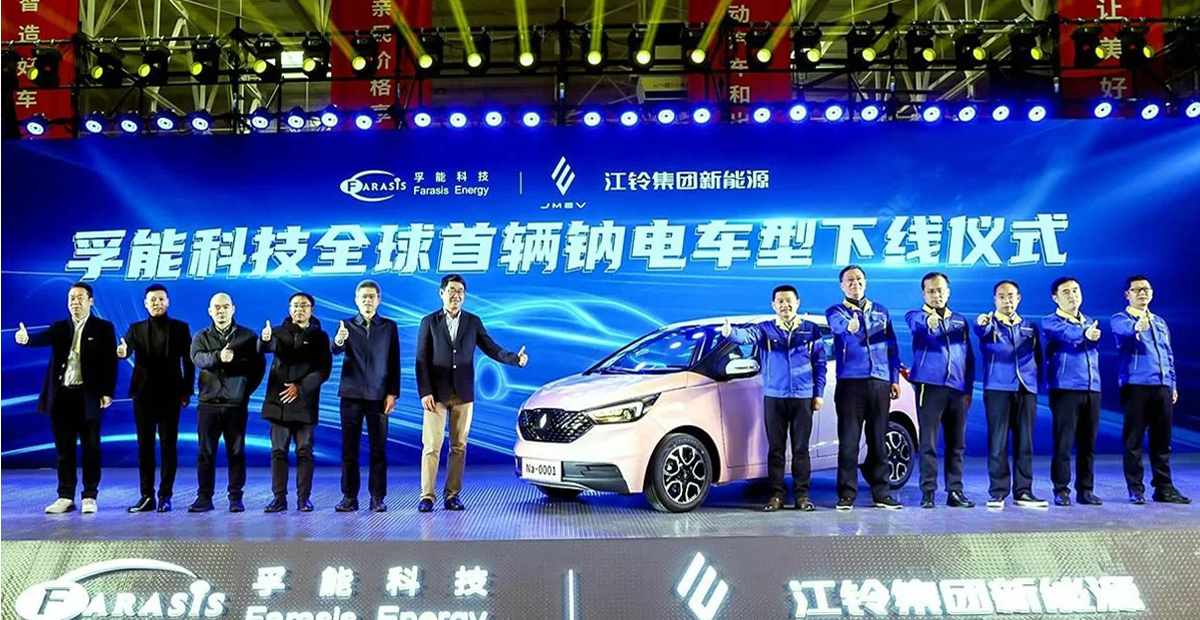
Kathmandu: In a groundbreaking development for Electric Vehicle (EV) sector, a pivotal shift in battery technology was marked with the rollout of the world’s first electric vehicle powered by Farasis Energy’s sodium-ion batteries. A ceremony at JMEV’s EV plant in Nanchang, Jiangxi Province, celebrated the milestone achievement.
The vehicle in question, the JMEV EV3 (Youth Edition), now stands as the world’s first A00-class EV equipped with Farasis Energy’s innovative sodium-ion batteries. Tailored to the dynamic needs of younger drivers, this model offers a commendable range of 251km, making it suitable for daily commuting and city-wide travel.

Farasis Energy’s sodium-ion battery distinguishes itself with a unique combination of layered oxides and hard carbon, showcasing noteworthy advancements in the EV battery landscape. The battery boasts an energy density ranging from 140 to 160Wh/kg, setting a benchmark for efficiency.
Safety is a paramount consideration in battery technology, and Farasis Energy’s sodium-ion battery has undergone rigorous testing, successfully passing multiple assessments, including pinprick, overcharging, over-discharging, extrusion, and soaking. Notably, the battery pack complies with the no thermal runaway (NO TP) standard, ensuring a high level of safety.

In terms of low-temperature performance, the sodium-ion battery maintains over 91% discharge capacity retention at -20°C (-4°F), addressing a common challenge faced by EVs in colder climates. Furthermore, its extended cycle life caters to the needs of electric passenger vehicles and two-wheelers, promising durability and longevity.
Farasis Energy is not resting on its laurels, as it gears up for the launch of its second-generation sodium-ion batteries in 2024. These batteries are projected to boast an energy density of 160-180Wh/kg, with ambitious plans to ramp up to 180-200Wh/kg by 2026, targeting a broader range of use cases.
To facilitate the widespread adoption of its sodium-ion battery products, Farasis Energy is actively forming partnerships across various segments, including A00-class micro electric vehicles, electric two-wheelers, battery-swapping services, and energy storage systems (ESS). The company has received positive responses from clients who have tested their battery prototypes.
Conversation
- Info. Dept. Reg. No. : 254/073/74
- Telephone : +977-1-5321303
- Email : [email protected]










